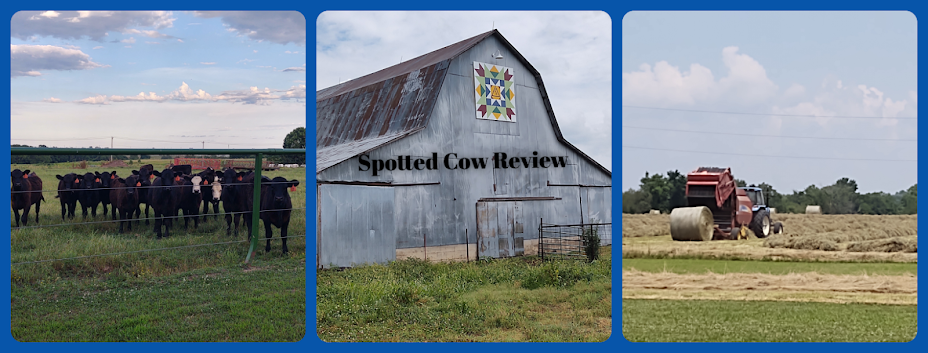Question:
What is homogenization?
Answer:
Homogenization is a mechanical process that breaks up fat globules
to a smaller size.When this process is used with milk, it distributes
the smaller sized fat globules through out the milk producing a
uniform consistency. It's basically mixing the cream into the milk.
Homogenization makes the milk whiter and more appetizing color,
provides a more full-bodied flavor and better mouth feel and gives milk
and other cultured milk products increased shelf stability.
Milk began being homogenized in the early 1930's when Dr.Malcolm Trout,
a nutrition professor at Michigan State, linked the process of pasteurization
and homogenization together. He found that homogenized milk needed
to be pasteurized first to have an appealing taste.
While it's possible to have pasteurized milk that hasn't been homogenized and
homogenized milk that hasn't been pasteurized, most milk found in
United States markets has undergone both processes.
Milk is pasteurized first to kill bacteria,
then homogenized to give us that consistent taste.















.jpg)

.jpg)
.jpg)


.jpg)
.jpg)




.jpg)
.jpg)

.jpg)
.jpg)
.jpg)


.jpg)